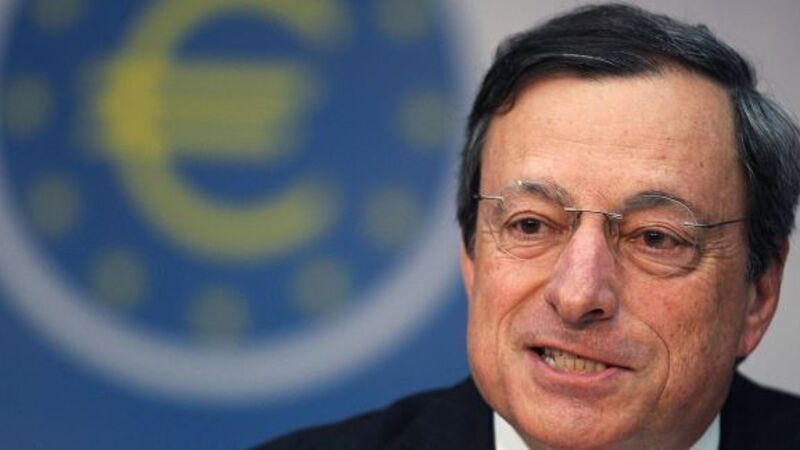Mario Draghi fails to deliver fuel to central bank's stimulus and Irish bond yields leap

The events occurred after ECB president Mario Draghi disappointed market expectations by not adding more fuel to the central bank’s big stimulus programme.
“Super Mario was not so super after all,” said Ryan McGrath, a senior bond trader at Cantor Fitzgerald Ireland.
















